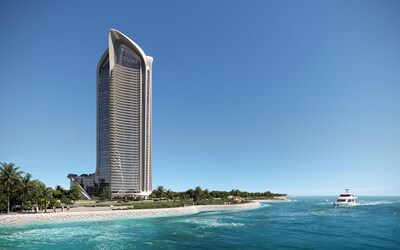Like Barnier, Bayrou lacks majority support in France’s fragmented legislature. His challenge is to persuade enough parties to refrain from backing no-confidence motions in the name of stability, offering certain concessions in return.
“As a matter of principle, he would like to have regular appointments with political parties,” Le Pen said. “I think that method is more positive.”
Bayrou’s first and most crucial mission will be drafting a budget as France grapples with a ballooning deficit. Barnier was criticized for failing to sufficiently involve opposition parties in the process. When the National Rally turned on him, he made a last-minute attempt to meet their demands, but Le Pen dismissed the effort as too little, too late.
Openness to Bayrou
Bayrou hopes to find a different path as he meets with all parliamentary forces except the leftist France Unbowed movement, which has refused to participate.
France Unbowed, the largest left-wing bloc in the National Assembly, has ruled out cooperation with centrists or conservatives unless the New Popular Front — the leftist coalition that won the most seats in last summer’s election of which it is part — is invited to form a government.
Other members of the New Popular Front, including the Greens, Socialists, and Communists, have shown greater openness to Bayrou but are demanding significant concessions in return for any form of tacit support.
These include a pledge not to use the 49.3 article — a controversial constitutional mechanism that allows governments to pass legislation without a parliamentary vote — as well as commitments to shelve a new immigration bill and revisit the contentious pension reform, which raised the minimum retirement age from 62 to 64.
Whether Bayrou can find the right formula to win over lawmakers with conflicting requests will be his biggest challenge.







